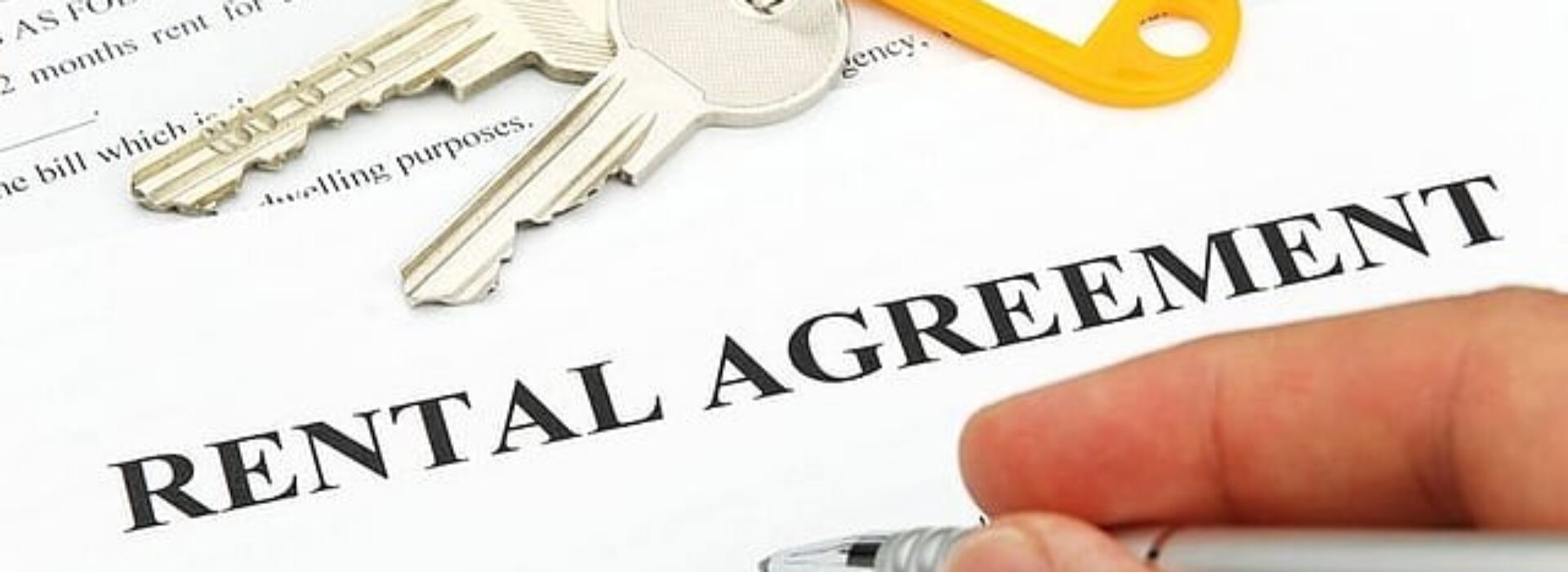Renewing your rental contract in 2026? Here’s what you should know
✅ Market outlook & key trends
- The rental market in Dubai is heading into 2026 with steady growth, but the pace of rent increases is expected to be more moderate compared to recent years.
- Demand remains strong in well-connected, master-planned communities thanks to ongoing population growth, business inflows and relocation of high-income professionals.
- Rental performance is becoming more segmented: newer, higher-quality projects (modern layouts, good amenities) are outperforming older properties which are showing signs of stabilization.
- Affordability and space are driving some tenants to relocate from central districts (like Downtown, Business Bay) to emerging areas such as Meydan, Jumeirah Village Circle (JVC), Dubailand and Dubai South.
🧾 What tenants should watch when renewing
- Tenants should check the Dubai Land Department (RERA) rental index and comparable listings in their area before negotiating, since rent caps exist to ensure fairness and prevent sudden spikes.
- It is important to clarify the lease terms: maintenance responsibilities, payment schedule, notice-periods, etc.
- Landlords are showing more flexibility (longer leases, multiple cheque payments, incentives) in order to retain good tenants rather than chase short-term gains. Committing to a 12-month (or multi-year) lease may provide better negotiating leverage for tenants.
🏠 Older vs. newer properties
- Older properties in less prime condition — e.g., older infrastructure or amenities — are seeing stabilisation in rents rather than strong growth.
- New developments with modern design, good amenities and energy-efficiency continue to command a premium and outperform older stock.
🔍 Outlook for 2026
- The 2026 rental market in Dubai is shifting from short-term speculative growth to a focus on value, stability and long-term relationships between landlords and tenants.
- For tenants: this means better negotiation opportunities. For landlords: it means focusing more on quality property and tenant retention rather than rapid rent hikes.




